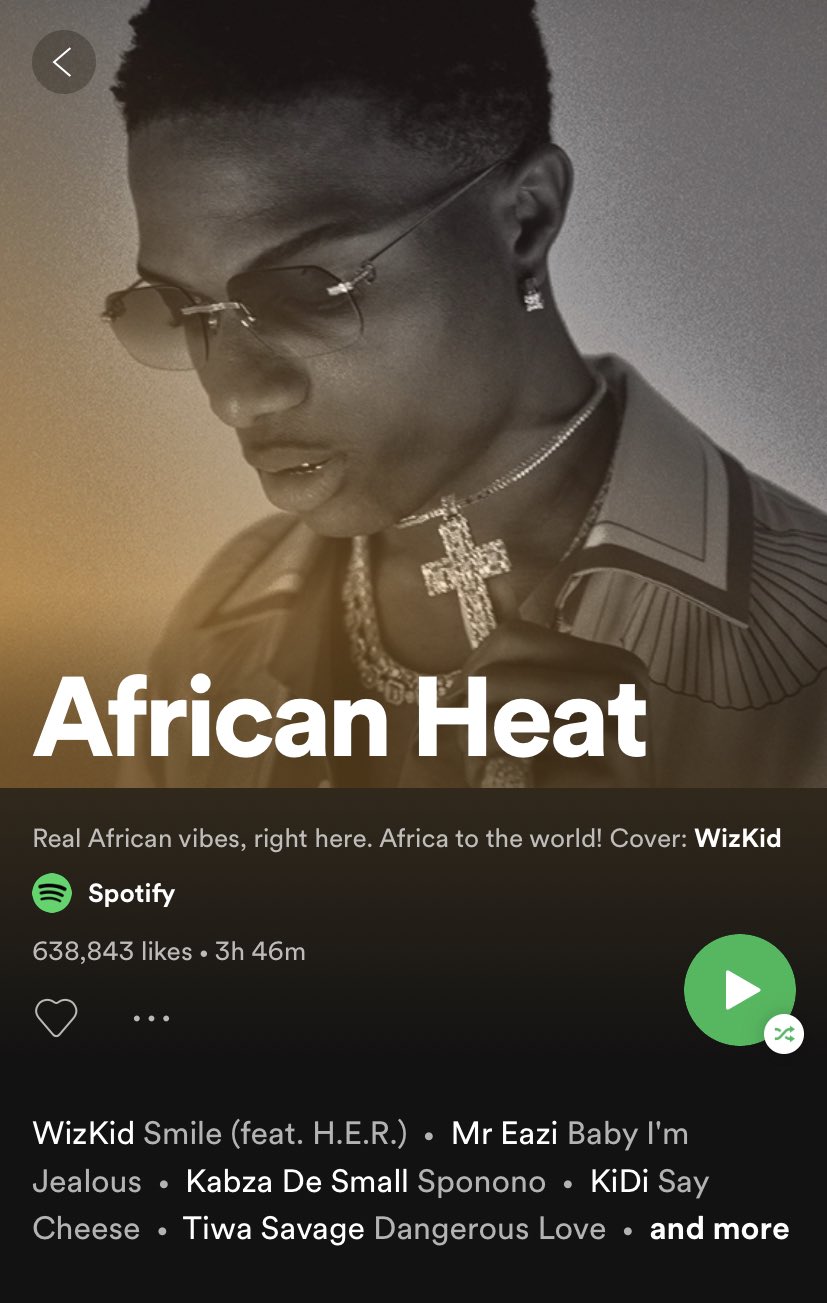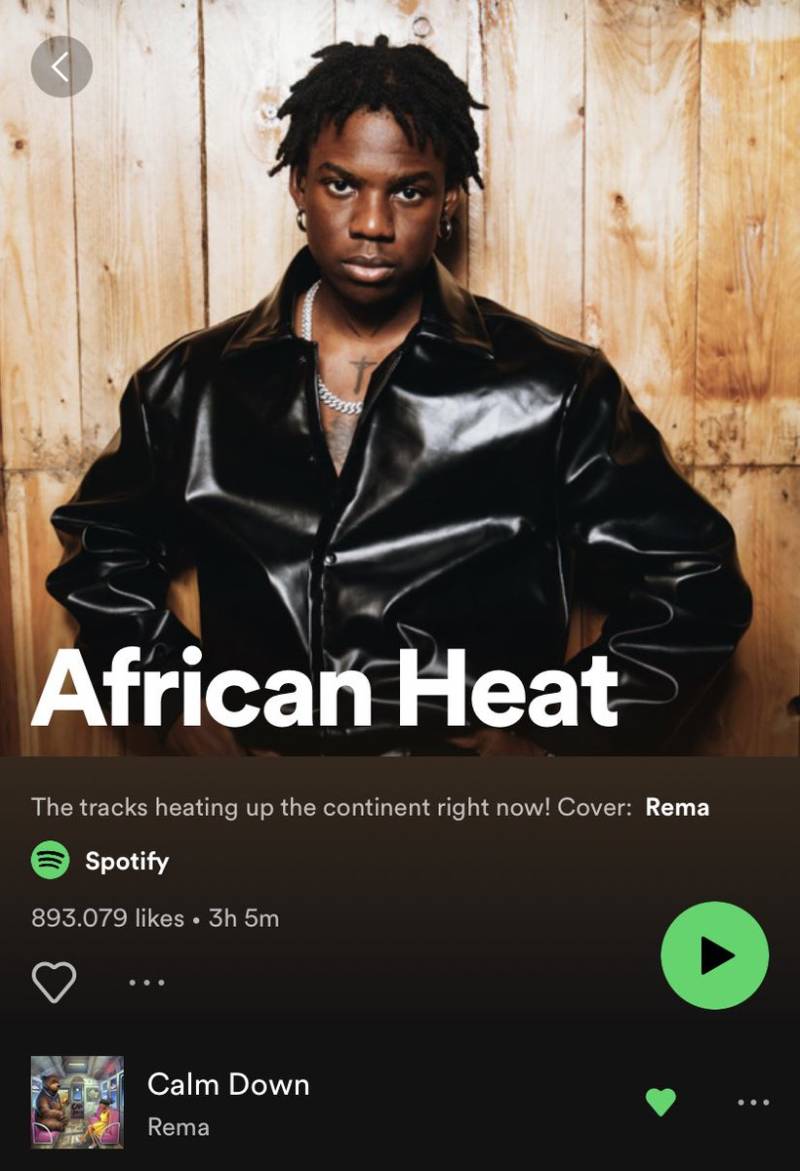Last week, Universal Music Group boss Sir Lucian Grainge called out “bad actors” for using illegitimate means to suck royalty revenue from music streaming services; Grainge argued that these platforms’ dominant ‘pro rata’ payout model needed to change. Yesterday (January 17), MBW carried the words of Nick Dunn, CEO of indie distributor Horus Music, who applauded Grainge’s letter – whilst dropping the bombshell that his company had seen evidence of streaming fraud being carried out by “criminal gangs”, who had even issued death threats to his staff for blocking their practices.
What this narrative has been missing, however, is firm, industry-verified data on how pervasive (and expensive) the issue of streaming fraud is for the music business. That just changed. France’s Centre National de Musique (CNM) is a public body in the country, and operates under the supervision of the Ministry of Culture and Communication. You may remember the CNM for its in-depth investigation into the effects of user-centric (or ‘fan-powered’) music streaming licensing in 2021.
This week, the CNM released the results of another landmark study into France’s music industry – this time focusing on illegitimate streaming practices. The conclusion? At least 1%-3% of music streams in the country are fraudulent. i.e. They are generated, often via paid-for stream farms, by those “bad actors” in a bid to siphon royalty money away from legitimate artists.
The CNM says that its new study considered a vast set of data provided by Spotify, Deezer, and Qobuz, plus data provided by “a panel of distributors” (including Universal, Sony, Warner, Believe, and Wagram). Music distributed by these companies, says the CNM, represented more than 90% of the top 10,000 most listened-to titles on Spotify, and more than 75% of the overall volume of streams on Deezer, in the relevant period.

According to the CNM report, in France, between 1 billion and 3 billion streams “at least” were discovered to be “false” in 2021. Neatly enough, those figures were approximately the equivalent of between 1% and 3% of total plays in the market that year. If we apply this 1-3% threshold to wider industry value figures, the momentous size of the streaming fraud problem becomes clear. The French music market in 2021 generated EUR €492 million (USD $581.5m) in streaming revenues annually according to French music body SNEP. One percent of that figure would be €4.92 million ($5.8m). Three percent would be €14.76 million ($17.4m). And if we apply the same figures globally? The worldwide trade revenues of music streaming platforms (including both paid subscription and advertising-supported) in 2021, was $16.9 billion according to the IFPI. One percent of that would be $169 million. Three percent would be $507 million. i.e over half a billion dollars.
The real problem may be much bigger than 3% of streams, notes the CNM, because it says that its report relied only “on fraudulent streams detected by the platforms and eliminated from the sharing of [royalties]”. In other words: they only counted the fraudsters who didn’t get away with it. The CNM adds that it is “certain that the reality of false streams goes beyond what is detected, without it being possible to arrive at a precise figure… since they do not fall within the scope of detection”. In addition, the body has called out Amazon Music, YouTube, and Apple Music for declining to participate/supply data for the study. The CNM says that these platforms were “unable or unwilling to share their data according to the defined observation perimeter, despite all the guarantees of confidentiality that the CNM provided them”.
The CNM reports that hip-hop/rap music represented 84.5% of fraudulent streams detected amid Spotify’s top 10,000 tracks during 2021. To a degree, this is to be expected: hip-hop is the dominant genre in the French market (accounting for more than 50% of the top 10,000 tracks on Spotify and 40% on Deezer, according to the report). The CNM explains further, however, that compared to the total number of streams generated by hip-hop and rap in 2021, fraudulent streams represented a small share of the genre’s total listens, with a 0.4% share on Spotify and 0.7% on Deezer. The study claims that the market share of streams detected as fraudulent on total plays of other specific genres was significantly higher for the likes of background music (4.8% on Deezer) and ‘non-musical titles’ (3.5%).




